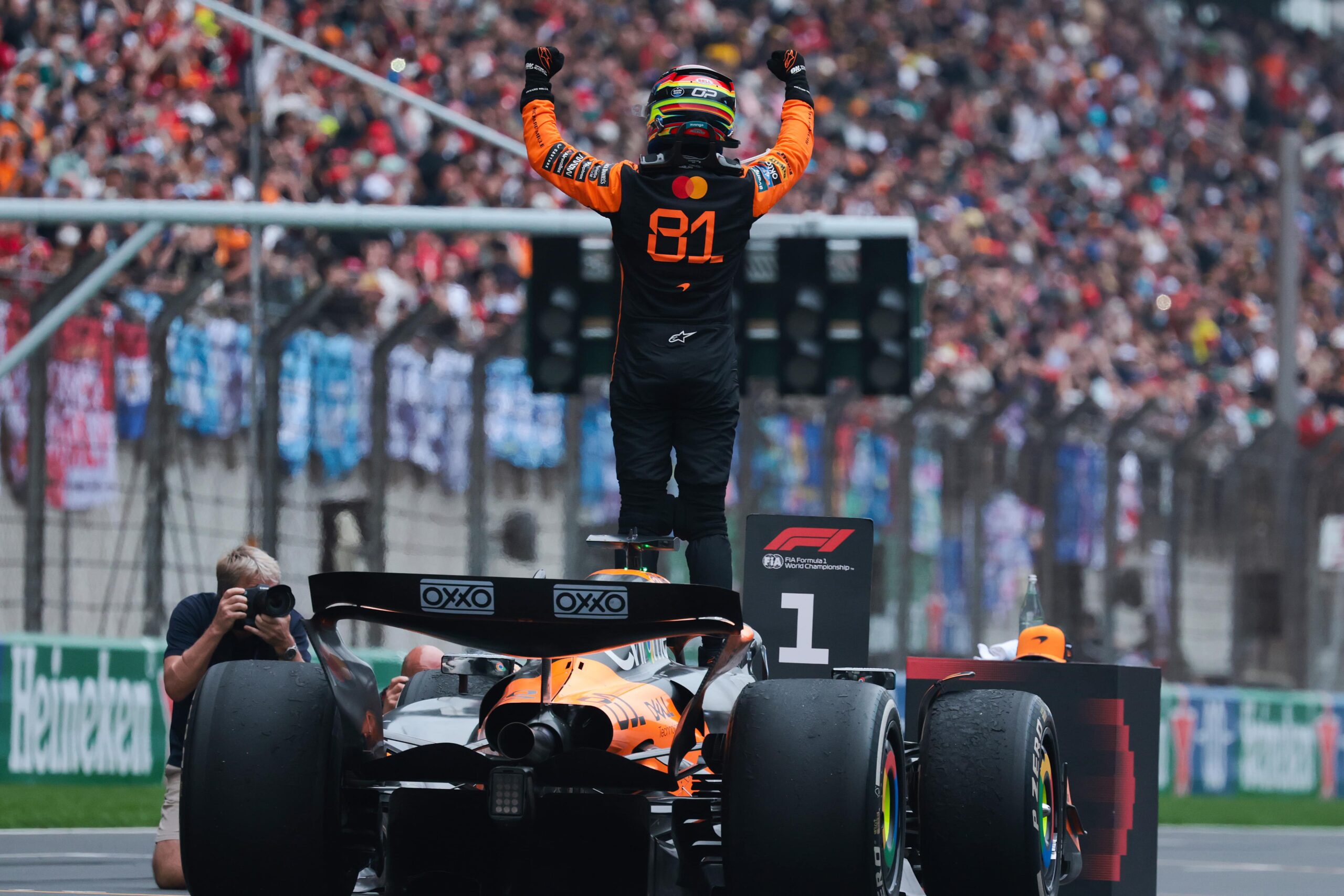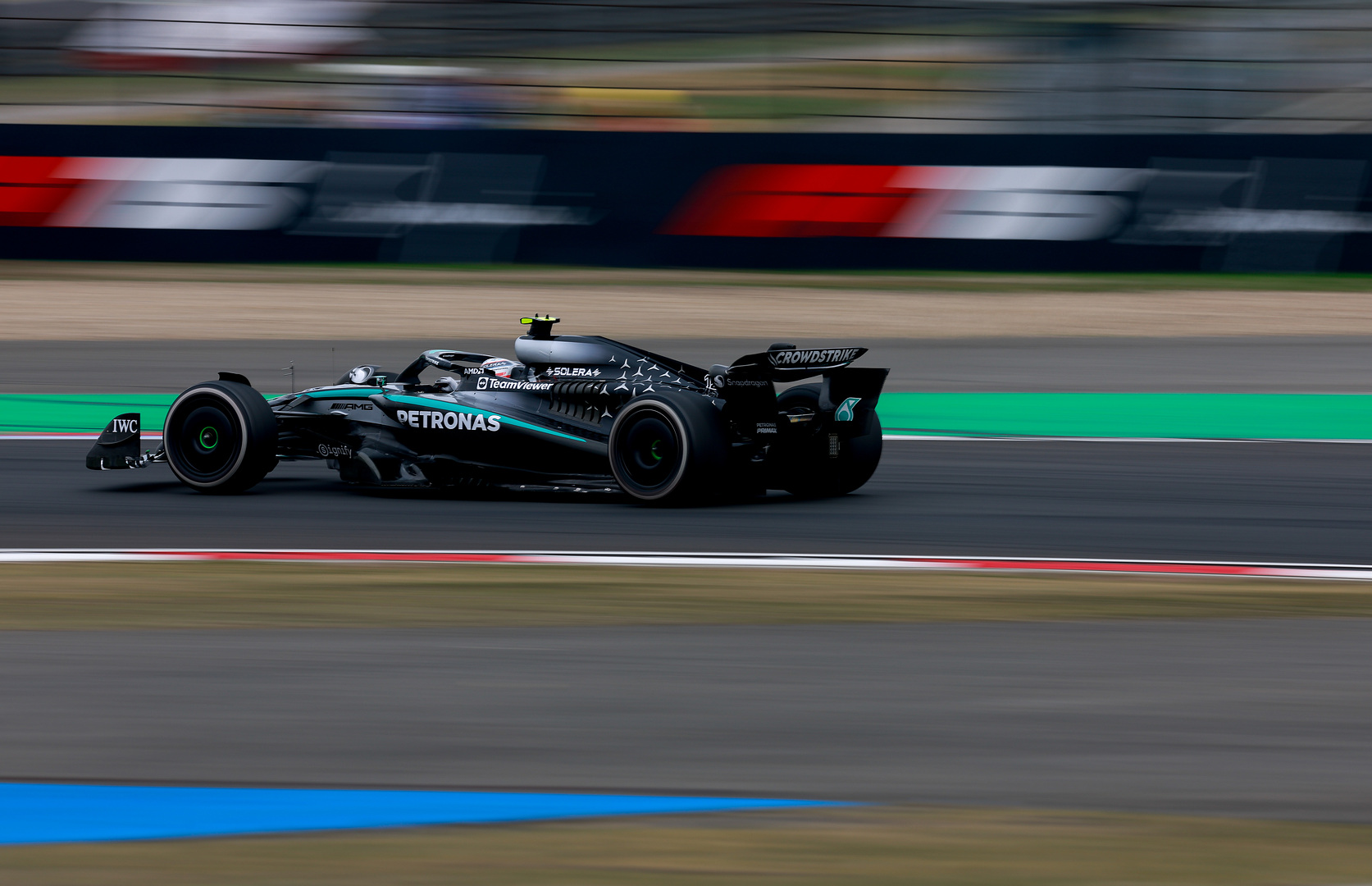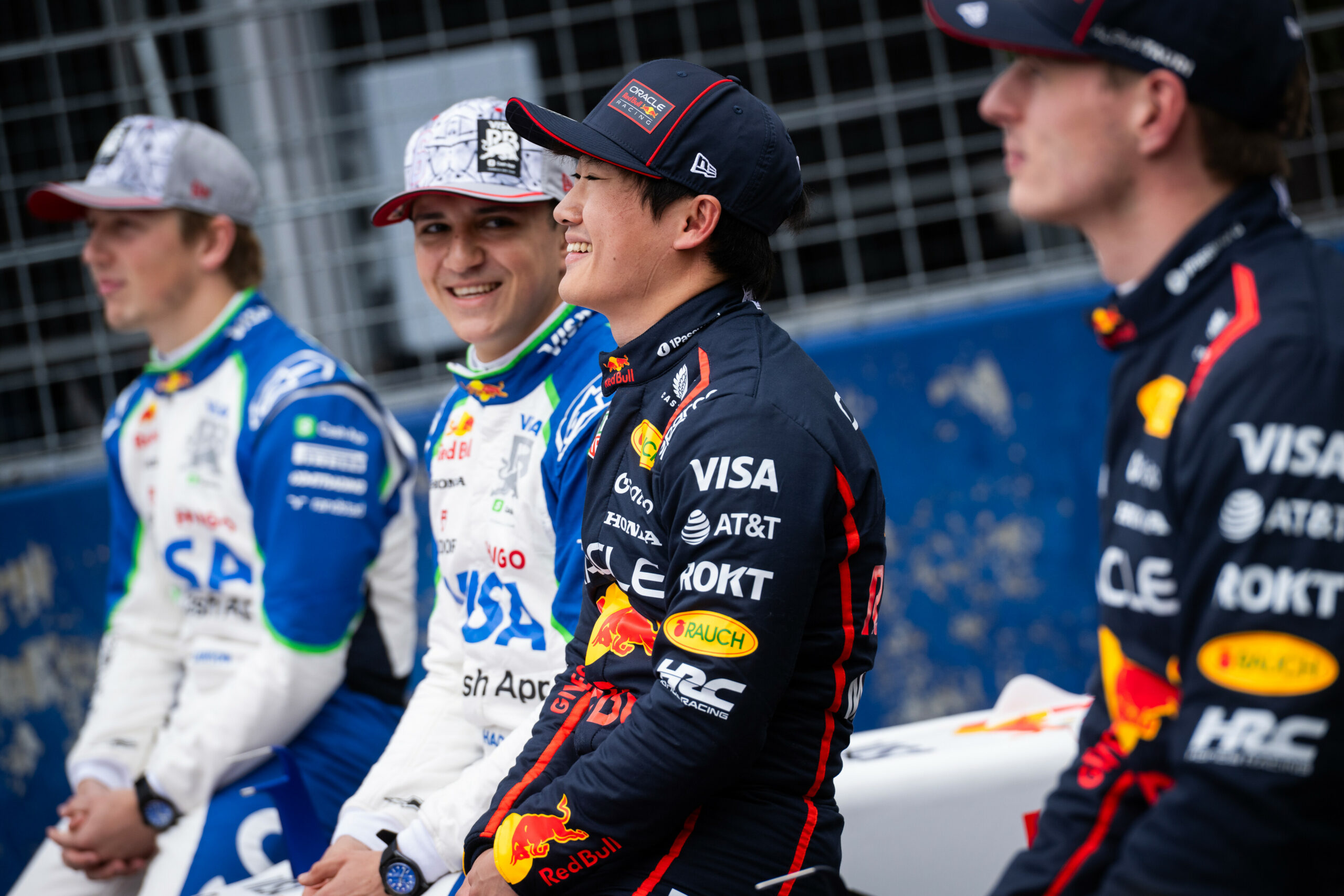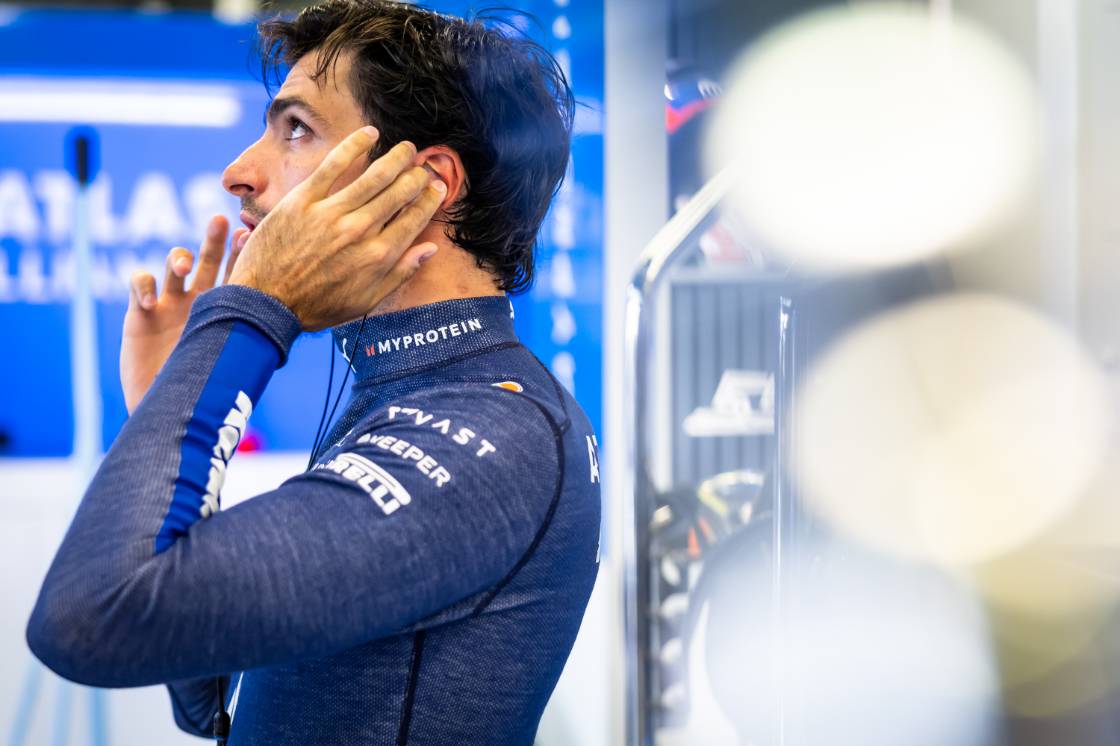With discussions in progress to set Formula 1’s next generation power unit regulations for 2026, Red Bull’s Christian Horner shares his doubts while Toto Wolff of Mercedes calls Horner’s comments “doom-mongers”, in yet another war of words between the two.

Formula 1 is set to introduce it’s next generation power unit in 2026 with a much greater focus on sustainability and efficiency. This change in focus will see the sport target just 70kg of fuel per face, as well as almost tripling the electrical potential of the power units, with a 50/50 split between ICE power and electrical power.
“One of the big impacts for 2026 is weight.”
With a much greater focus on the electric side of the power unit, Red Bull team principal Christian Horner has expressed his concerns that the changes may result in what he calls a “technical Frankenstein” car, as engineers work for greater aerodynamic efficiency.
“Well, I think that we are in a position where obviously we’re dealing with a power unit now as well as the chassis for ’26,” he said on Friday before the Austrian Grand Prix. “And I think that one of the big issues, and one of the big impacts for 2026 is weight.
“You’re looking at pretty much a 30 kilogram swing on cars that are already approaching sports car type of weight through the cooling that’s going to be required and so on.
“I think there’s some very positive things about 2026 and the sustainable fuel and so on is extremely positive but I think that perhaps where we need to pay urgent attention before it’s too late, is to look at the ratio between combustion power and electrical power to ensure that we’re not creating a technical Frankenstein which will require the chassis to compensate to such a degree with movable aero and to reduce the drag to such a level that the racing will be affected.”
“The FIA are taking it very seriously…”
Horner went on to express his worry that the new regulations may lead to the ICE element of the power unit essentially being used as a generator to charge the battery.
“And that the characteristics of these engines are just not… the combustion engine just doesn’t become a generator to recharge a battery. And I think that could easily be addressed with just tuning the ratio between combustion and electrical power.
“We can’t afford to lose that challenge of drivers downshifting on straights to regenerate batteries. So I know the FIA are taking it very seriously, and they’re looking at it very closely as the simulations become more advanced.”
“You always have to question what’s the real motivation…”
Horner suggests the balance between ICE and electrical power may need to be tweaked. Toto Wolff of Mercedes however, hit back at a written media session on Saturday by suggesting Horner’s concerns may be due to Red Bull potentially struggling with development of their 2026 power unit.
“I think what frightens him more maybe is that his engine programme is not coming along, and then maybe he wants to kill it [the rules] that way. So you always have to question what’s the real motivation to say something like that.”
“We have developed these regulations over many years…”
Wolff explains it is very unlikely to see any major changes to the regulations at this stage, as the regulations were designed to attract new power unit manufacturers, with Audi set to join the fray in 2026 as well as Honda due to make their return to Formula 1.
“That’s not going to happen. Zero chance: capital letters,” he said. “So I don’t know why these things are coming up. We have developed these regulations over many years, with all the auto manufacturers being involved. It was a compromise that attracted Audi to finally joining the sport, and for Honda to stay in there. This is the best possible case that one could imagine for F1.
“Is it challenging? Are our chassis designers saying: well, how are we going to do this? Yeah. But super. These regulations are not going to change anymore. They’re not going to be postponed anymore, because the world needs to show innovation around sustainability. We need to reduce emissions. And we’re super excited.”
“That’s what we need to reinvent for 2026.”
Wolff even went so far as to rubbish Horner’s claim that the new regulations could interfere with racing in the sport with drivers downshifting on straights in order to recharge their batteries. While he admits the 2026 power units could potentially cause this to happen in a current chassis, he emphasises that the new generation chassis regulations will be designed with this in mind.
“It’s doom-mongers,” stated Wolff. “Do you think that in all reality, we are not innovative in this sport to come up with chassis/engine regulations that can avoid drivers shifting down on the straight?
“It is real that when you take today’s chassis and put the future power unit in it, there’s a few tracks with very long straights where we would have massive derates in the power unit. But that’s today’s efficiency.
“We’re not bolting on today’s chassis, which are heavy, like a prototype, and big like an elephant. That’s what we need to reinvent for 2026.”
Speaking on Sunday, Christian Horner hit back against Wolff’s comments, calling it typical of the Mercedes man, and doubling down on his claims that his worries are based on the health of the sport. He claims that the team’s have a responsibility to maximise the entertainment value of the sport, and argues that we are only now discovering the limitations of the new regulations.
“Unfortunately that’s just typical Toto [Wolff],” he remarked. “Where he’s just focussed on performance. My interest is actually about the sport rather than self gain. It’s just wanting to ensure, as a fan of the sport, it’s still way to early to say who’s going to have a competitive or uncompetitive engine in 2026.
“For me the most important thing is from a sports point of view, we all have a collective responsibility to work with the FIA and the commercial rights holder to ensure that the product is as good as it can be. Otherwise we’ve all failed.
“The regulations are a hybrid of what was originally intended. Of course it’s only as you work through a set of regulations that you find out where there limitations are.”
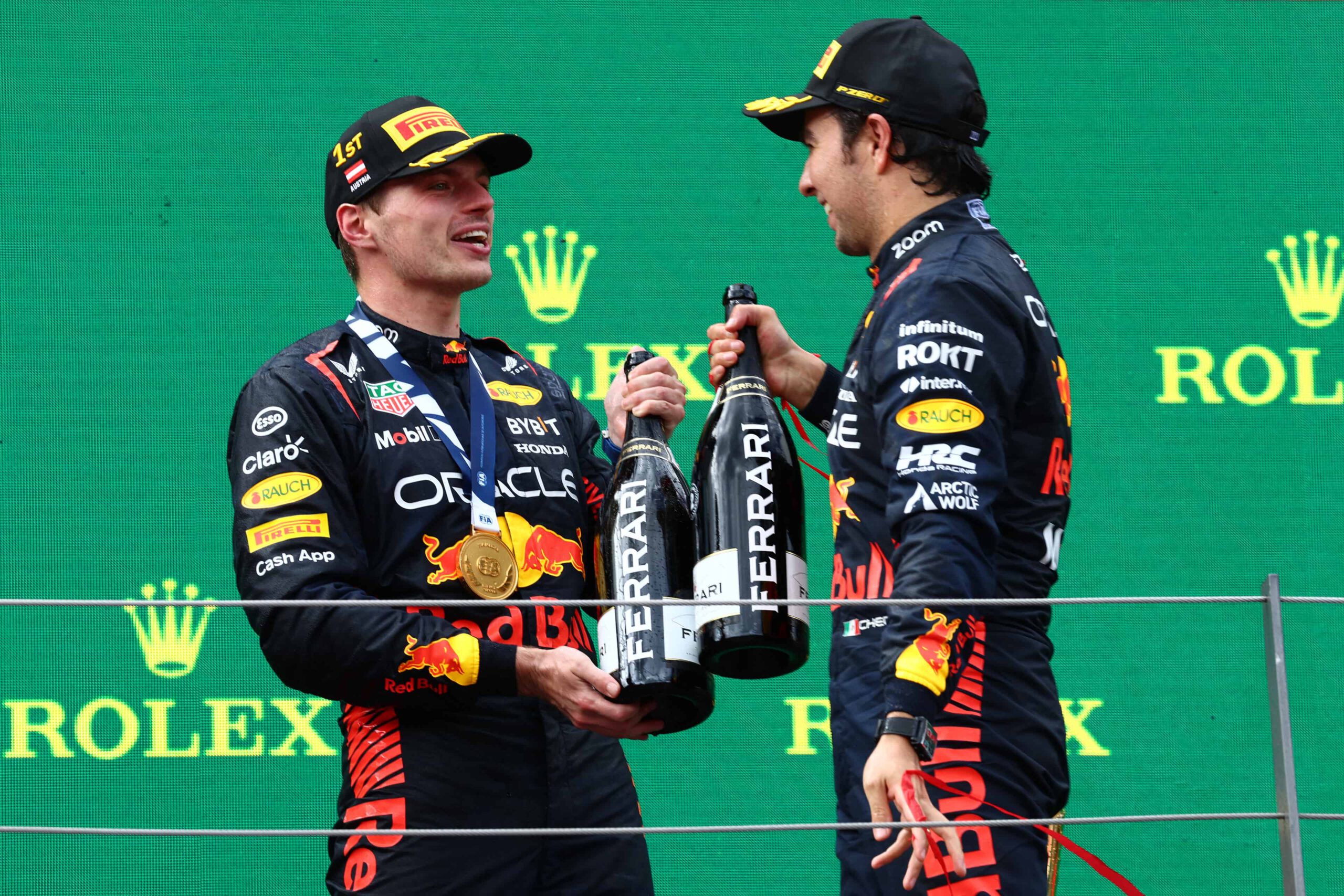
“It looks like it’s going to be an ICE competition…”
There may even be some truth to Wolff’s suggestion that Horner’s outcries are due to trouble for Red Bull Powertrains, as Max Verstappen has also publicly denounced the new regulations, albeit in a more direct and less political way than his boss.
“For me, the problem is it looks like it’s going to be an ICE competition, so whoever has the strongest engine will have a big benefit,” he said. “I don’t think that should be the intention of Formula 1, because then you will start a massive development war again, and it will become quite expensive to find, probably a few horsepower here and there. I think it actually should be opposite. Plus, the cars probably have a lot less drag. So, it will be even harder to overtake on the straight.”
“To me, it looks very bad…”
The reigning champion went on to claim he is in no way excited for the new regulations, basing his opinion off data he has seen on the performance of the planned 2026 cars.
“We have to seriously look at this because I mean, ’26 is not that far away.” he explained. “And at the moment, to me, it looks very bad from all the numbers and what I see from the data already. So, it’s not something I’m very excited about at the moment.”


